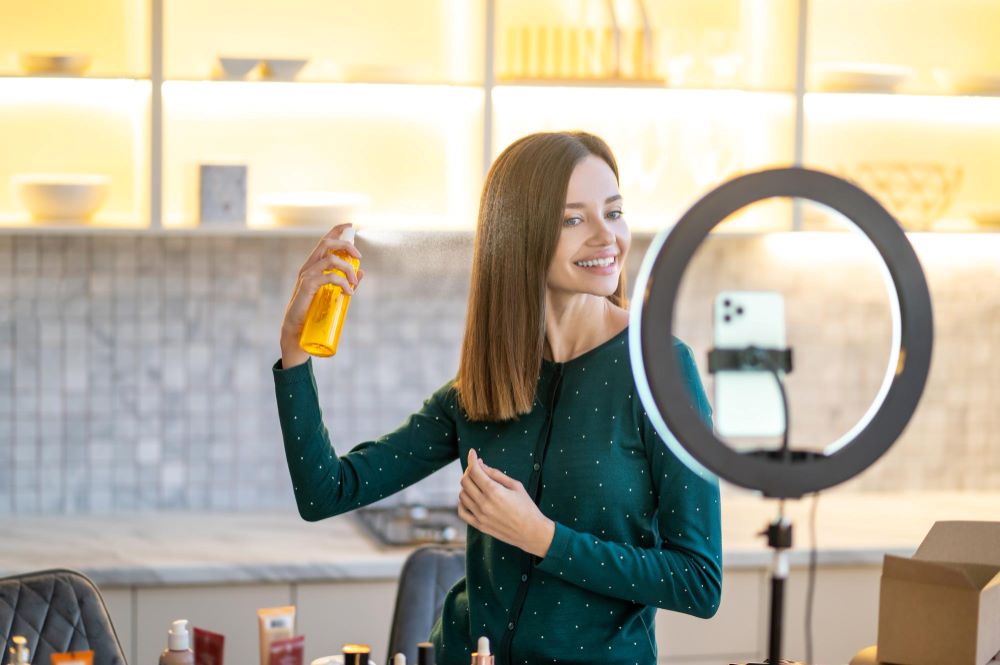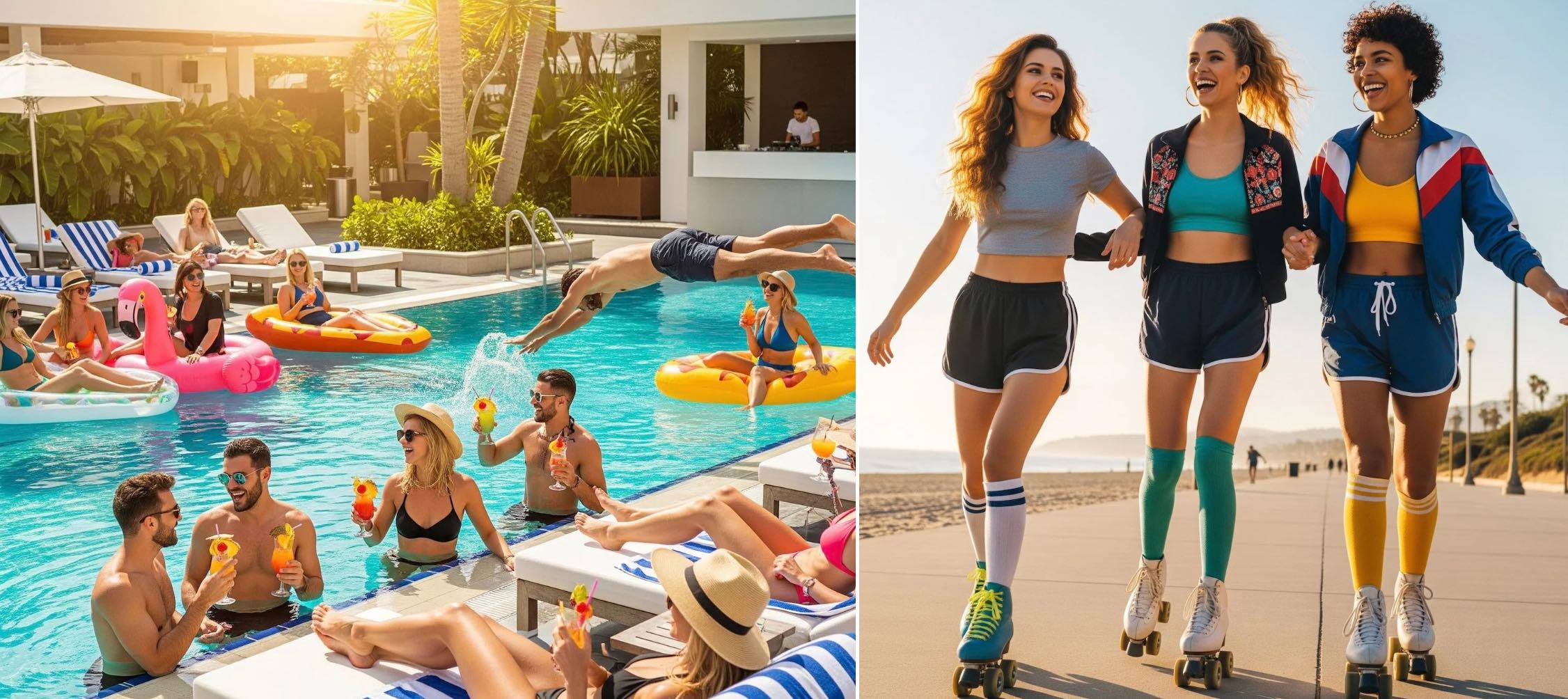In today’s society, opinion makers, also known as influencers, have become an integral part of our daily lives. They act as the face of advertising for goods or services and as dictators of lifestyles, values, and behavior patterns. (Cover Photo Credit: zinkevych on Freepik)
The power of opinion leaders lies in their ability to reach and influence a wide audience through social media, where they share their experiences, opinions, and life moments. What they say or show often shapes our decisions, from the smallest to the most life-changing.
Impact of Influencers on Consumption Patterns
Influencers have a huge impact on our consumption habits. As intermediaries between brands and consumers, they can present products or services in ways that seem appealing, necessary, or even life-changing.
For example, a single well-photographed product and an accompanying description of a new healthy food product can encourage thousands of people to try it, even if they have never considered making such a food choice.
Influencer recommendations act as credible endorsements that significantly influence consumer choices. We subconsciously or consciously seek to identify with the opinion-maker and their lifestyle, and we imagine that such a product will bring us closer to this aspiration.
Introducing a New Product Through Influencers
Marketers use various tactics to introduce a new product, including using opinion leaders. Influencers can be crucial in launching a new product, gaining consumers’ trust, and shaping their perceptions and behavior.

For example, in the case of an innovative product launch, such as a heated beverage dispenser. Influencers become the main channels to reach potential consumers and build brand trust, especially when engaging personally with the audience.
However, it is important to note that there are limitations: influencers should not promote products that are addictive and harmful to health. Responsible content creation and product choice are vital to avoid negative consumer health and image impacts. So, while an innovative device such as heated tobacco may seem like an interesting piece of content, influencers should avoid promoting it in an ethical and health-conscious way.
Impact of social media on self-esteem
In addition to directly impacting consumption habits, influencers also greatly impact the self-esteem of those who follow them. The idealized images and lifestyle standards often displayed on social media platforms create a high bar that seems unattainable.
People who follow opinion formers may feel pressure to aspire to the same career success, financial achievements, or idealized family or personal life that we constantly see on social media.
This constant exposure to idealized content encourages comparison, which can lead to inner anxiety and dissatisfaction with one’s life. Influencers, who often only share positive aspects of their lives, give a false impression that their lives are perfect
Sharing the ups and downs
However, nowadays, we also see a trend towards sharing the highs and lows on social networks. We see shared success stories, personal experiences, and challenges that are an inevitable part of everyone’s life, thus promoting a healthier perception of oneself and others.

In this way, trust and identification with the person being observed are built up even more as we start to understand that this is a real person who is also experiencing setbacks. The content of social networks tends to set an example, inspiring and encouraging people to achieve greater goals.
Such encouragement can have a positive influence on opinion formers. For example, when we see the interesting lives that people can create, especially when we see the transformation, we may be tempted to try it because we see that it is possible.
It is important to realize that we all have different capacities and do not have to replicate everyone else’s actions. By taking stock of our possibilities, we can try to achieve more, live more interesting lives, and commit ourselves to what may be a long-awaited change.
Role of Influencers in Promoting Social Responsibility
As we have already seen, influencers’ influence is not necessarily negative. In addition to inspiring and encouraging personal goals, they can promote social responsibility and raise awareness of important issues.
Their platforms can be powerful tools for promoting social responsibility and raising awareness of important societal issues. For example, influencers can partner with NGOs to raise awareness of environmental challenges, health initiatives, or educational opportunities.

Their influence can encourage people to reduce plastic consumption, get vaccinated, or support education programs in less developed countries. In addition, influencers can stimulate discussions on social responsibility topics that may not have been widely discussed before.
In this way, they contribute to raising awareness and encourage their followers to learn about important issues and actively find solutions. This shows that influencers’ impact can not only be a form of entertainment that reaches a wide audience but can also be an important tool for educating the public and promoting change.
Responsible Approach to the Impact of Influencer
Recognizing that influencers’ impact on our behavior is inevitable is important. However, we are responsible for how we allow this influence to affect our decisions and values.
We need to learn to critically evaluate the information provided by influencers, distinguish between genuine advice and stealth marketing, and make informed decisions based not only on their recommendations but also on personal reflection and in-depth analysis of the information.
By doing so, we can ensure that our behavior, consumption habits, and lifestyle choices reflect our true needs and values, not just the fashions of the moment or the trends dictated by influencers.








